Seventy-five years ago, September 2, 1945, marked the official end to World War II, with the surrender of Japan. It is also the date of the Declaration of Independence of a united Vietnam — free of Japanese occupation and French colonialism.
At that moment, President Harry S. Truman was faced with an historic choice: recognize Vietnamese independence or support France in the reconquest of its colony. Ultimately, the United States chose colonialism over freedom — and that choice led to the deaths of millions of Vietnamese, Cambodians, and Laotians; and tens of thousands of U.S. soldiers.
It is a choice young people need to study.
The Zinn Education Project features numerous resources to help our students probe the roots of U.S. involvement in Vietnam and the impact of the Vietnam War — which the Vietnamese rightly call “The American War” — and resistance to the war.
Teaching the Vietnam War: Beyond the Headlines
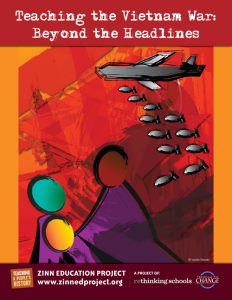 In a collection of eight lessons, students learn about the roles of presidents, generals, journalists, whistleblowers, and grassroots activists in the Vietnam War.
In a collection of eight lessons, students learn about the roles of presidents, generals, journalists, whistleblowers, and grassroots activists in the Vietnam War.
This 100-page teaching guide, prepared by the Zinn Education Project for middle school, high school, and college classrooms, enhances student understanding of the issues raised in the award-winning film, The Most Dangerous Man in America: Daniel Ellsberg and the Pentagon Papers.
The guide uses role play, critical reading, discussion, mock trial, imaginative writing, small group work, and personal narrative.
Camouflaging the Vietnam War: How Textbooks Continue to Keep the Pentagon Papers a Secret
By Bill Bigelow
In the Academy Award-winning documentary Hearts and Minds, Daniel Ellsberg, who secretly copied and then released the Pentagon Papers, offers a catalog of presidential lying about the U.S. role in Vietnam: Truman lied. Eisenhower lied. Kennedy lied. Johnson “lied and lied and lied.” Nixon lied.
The Pentagon Papers that Ellsberg exposed were not military secrets. They were historical secrets — a history of U.S. intervention and deceit that Ellsberg believed, if widely known, would undermine the U.S. pretexts in defense of the war’s prosecution.
Textbooks resist telling students that the U.S. government consistently lied about the war. . . Teaching students a deeper, more complete history of the American War — as it is known in Vietnam — is not just a matter of accuracy, it’s about life and death. . . . Continue Reading
Teach the Vietnam War with Film
During the COVID-19 crisis, we share this annotated list of more than 100 films. It has always been a good idea to use “films with a conscience,” but films may now be an even more accessible “text” we can use to help young people think deeply about the world. Many of these films alert students to how individuals and social movements have tried to make life better.
The list includes six films about Vietnam War. Many are available to stream online for little or no cost.

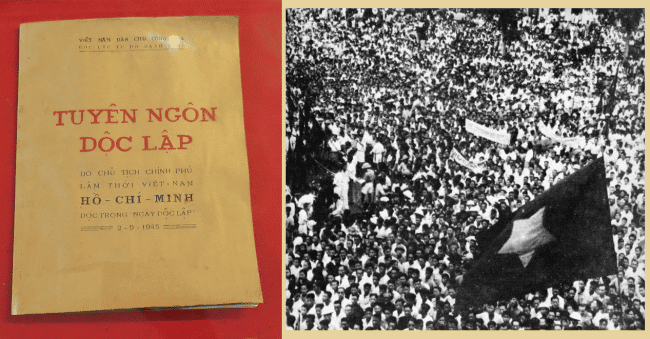
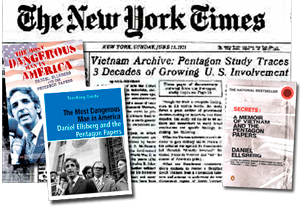
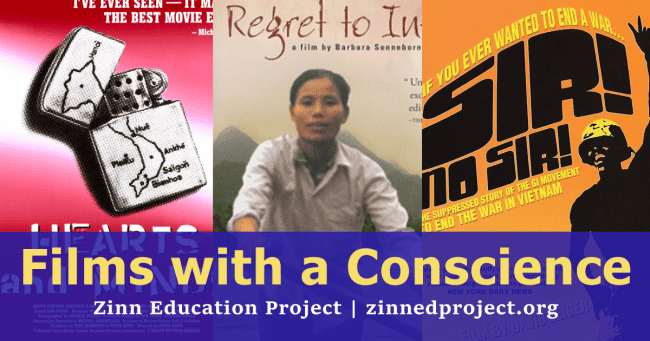
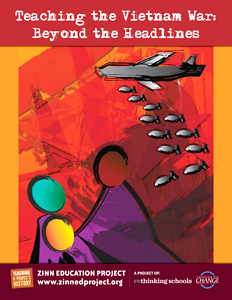
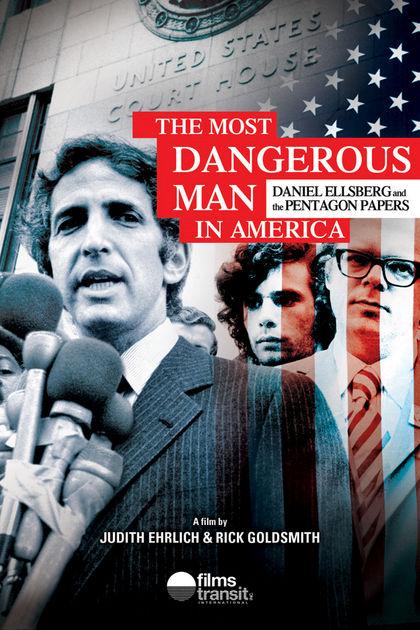
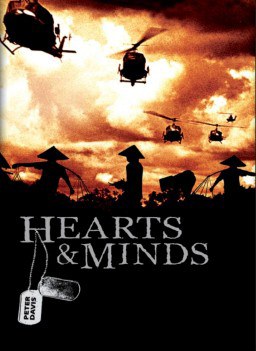
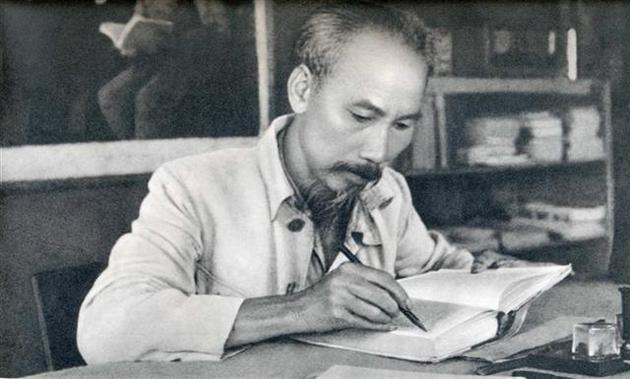





Twitter
Google plus
LinkedIn